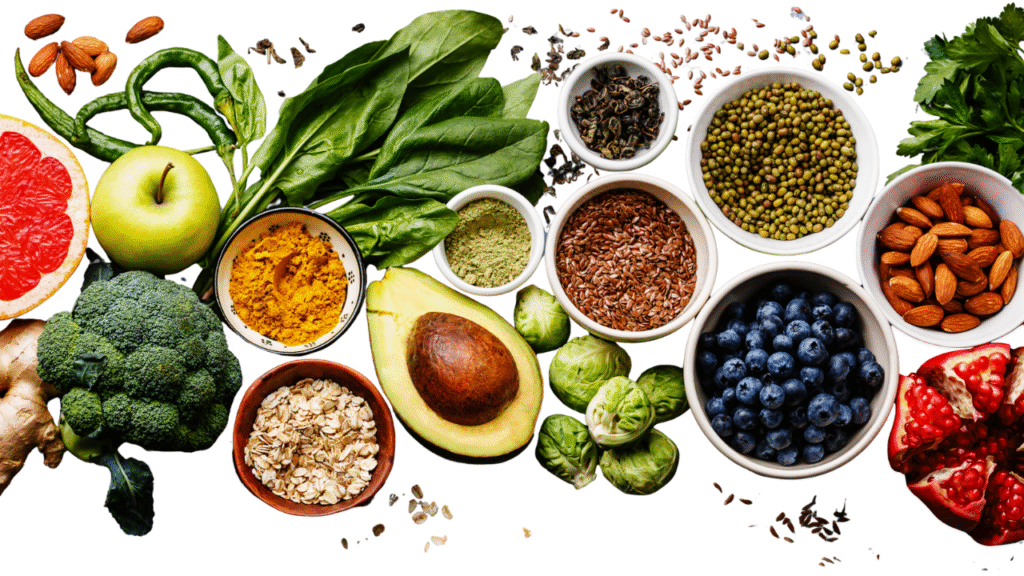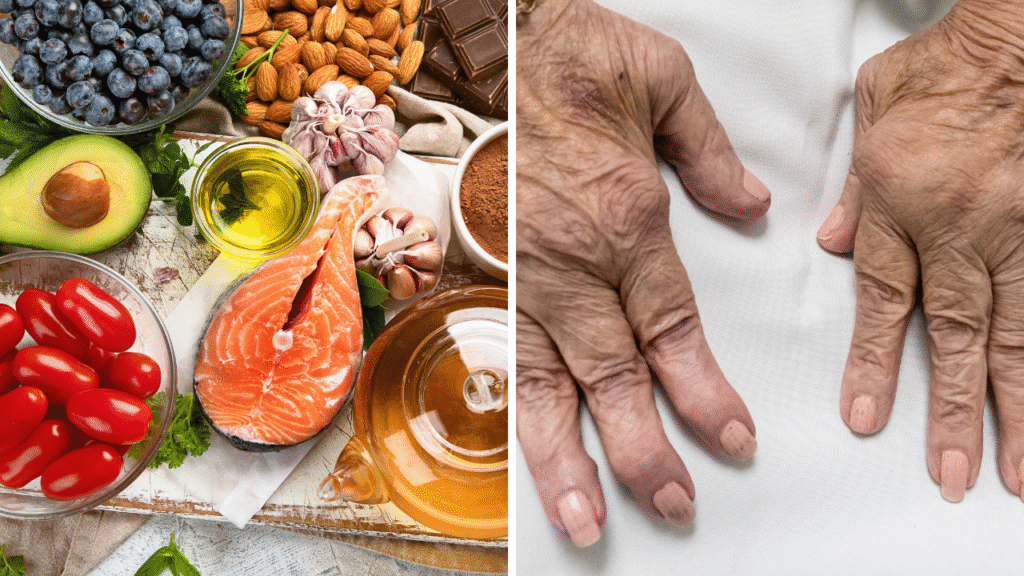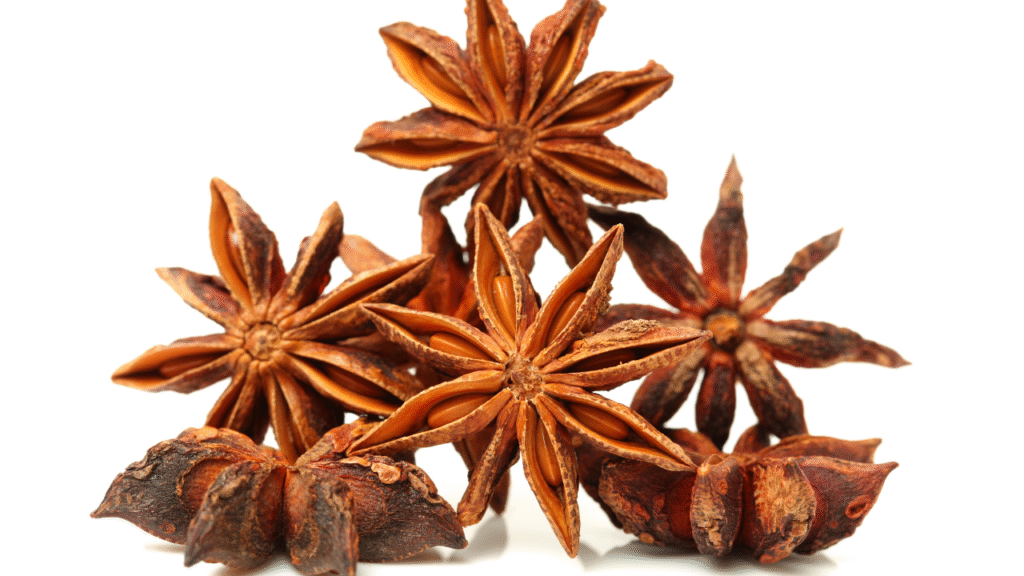
Fennel is an herb from the carrot family found in coastal and riverbank areas. It adds a delightful touch to culinary creations and is a crucial ingredient in absinthe. Florence fennel, or finocchio, is a variety of fennel enjoyed as a vegetable. Fennel contains antioxidants, anti-inflammatory agents, and antibacterial compounds. Its bulb and seeds have a mild, licorice-like flavor. Fennel plants have green and white feathery leaves and yellow blooms.
Cultivation
Fennel is a plant with a strong anise or licorice flavor due to an aromatic chemical called anethole. Florence fennel is a smaller cultivar with a faint anise flavor and is sweeter and more fragrant. It is sometimes misidentified as “anise” in North American stores and sold as an ornamental garden plant. Fennel is an invasive plant and weed in many places, including Australia and the United States. It spreads quickly through root crowns and seeds and competes with native species for light, nutrients, and water, which can alter the composition and structure of plant communities. Fennel grows widely in western North America, from coastal and inland wildland-urban interfaces to hilly and mountainous environments.

Nutrition Facts
Fennel seeds, a nutritional powerhouse, contain 1,443 kJ (345 kcal) per 100g (3.5 oz). They are rich in carbohydrates, dietary fiber, monounsaturated and polyunsaturated fats, protein, vitamins B1, B2, B3, B6, C, and minerals such as calcium, iron, magnesium, manganese, phosphorus, potassium, sodium, and zinc. A fresh fennel bulb, comprising 90% water, 1% protein, and 7% carbs, is a refreshing addition to meals. Dried fennel seeds, commonly used as a spice, retain their nutritional value. A reference amount of 100g provides 1,440 kilojoules of food energy and is high in protein, fiber, B vitamins, and minerals, exceeding 90% of the Daily Value (DV).
Benefits of Fennel and Fennel Seeds
1 Highly nutritious
Fennel and its seeds include critical vitamins C, calcium, magnesium, potassium, and manganese. One cup of raw fennel bulb and one tablespoon of dried fennel seeds have 27 calories, 20 grams of fiber, and 12% of the RDI. Vitamin C is essential for immunological function, tissue healing, and collagen formation and is an antioxidant. Manganese is present in both fennel bulbs and seeds, and it is required for enzyme activation, metabolism, cellular defense, bone growth, blood sugar management, and wound healing. Fennel and its seeds also include nutrients beneficial to bone health, such as potassium, magnesium, and calcium. In conclusion, both fennel and its seeds are low in calories and provide various critical elements. 123
2 It contains potent plant compounds.
Fennel and fennel seeds have several health benefits because of their antioxidants and vital plant components. The plant’s essential oil includes more than 87 volatile chemicals, including polyphenol antioxidants such as rosmarinic acid, chlorogenic acid, quercetin, and apigenin. These antioxidants are powerful anti-inflammatory agents that lower the risk of chronic illnesses like heart disease, obesity, cancer, neurological diseases, and type 2 diabetes. Fennel seeds contain over 28 chemicals, including anethole, fenchone, methyl chavicol, and limonene. Anethole has anticancer, antibacterial, antiviral, and anti-inflammatory activities, whereas limonene fights free radicals and protects rat cells from damage induced by certain chronic diseases. All portions of the fennel plant contain antioxidants that may benefit one’s health. 23
3 Can benefit heart health
Fennel is high in fiber, which can lower heart disease risk factors like high cholesterol. A 1-cup serving of raw fennel bulb has 3 grams of fiber or 11% of the Daily Reference Value. Consuming more fiber has been linked to a 9% reduction in heart disease risk for every extra 7 grams daily. Fennel and its seeds also contain vital elements like magnesium, potassium, and calcium, which are necessary for heart health. A potassium-rich diet may help reduce high blood pressure, a risk factor for heart disease. In summary, fibrous foods like fennel can reduce cholesterol levels and lower the risk of heart disease. 89
4 Fennel seeds may suppress appetite.
Fennel seeds can reduce appetite and enhance flavor. Drinking tea with 2 grams of fennel seeds before lunch can make you feel less hungry and consume fewer calories. Adding fennel to your diet can help with satiety and weight loss. Consuming 14 grams of fiber daily for four months can reduce calorie intake by 10%, leading to a loss of four pounds. However, more research is needed to understand fennel’s appetite suppressant qualities. 45
5 It can help increase breast milk production in breastfeeding women.
Fennel can stimulate breast milk production. This is because it contains chemicals like di anethole and photo anethole in anetholes with galactogenic characteristics. Fennel may also increase prolactin levels, a hormone that regulates breast milk production. Although fennel is a commonly used herb, its effectiveness as a galactagogue is still being researched. However, breastfeeding mothers should be cautious while using fennel for milk production, as some studies reveal that fennel-containing lactation teas might not affect milk secretion or infant weight gain and may lead to unfavorable side effects like low weight gain and feeding difficulties. It’s best to consult a doctor before using fennel for milk production.
6 It may have cancer-fighting properties.
Fennel has cancer-fighting effects due to its anethole content, which inhibits cell proliferation and induces apoptosis in breast cancer cells. Fennel extract also inhibits the spread of breast cancer cells and triggers cell death. Animal studies suggest that it may help prevent breast and liver cancer. However, further human research is required before fennel can be recommended as a cancer treatment option. Fennel’s anti-inflammatory properties have led researchers to investigate its potential use in treating cancer. Selenium found in fennel can reduce mortality and future incidences of cancer, but further research is needed to determine how fennel can treat cancer. 678
7 Boosts Bone Health
Fennel is an excellent source of essential nutrients like calcium, magnesium, phosphorus, and vitamin K, which are necessary for maintaining strong and healthy bones. If you don’t consume enough calcium-rich foods and suffer from a deficiency, adding a cup of fennel can provide you with approximately 43 milligrams of calcium. Studies suggest that increasing your calcium intake from dietary sources can help you improve your bone mineral density.
8 Eye Health
Macular degeneration is a leading cause of age-related vision loss. Antioxidants like flavonoids, vitamin C, and zinc can help reduce inflammation and improve vision. Fennel is rich in these nutrients and can help prevent macular degeneration by reducing oxidative damage and inflammation.
9 Improves Skin Health
Fresh fennel is an excellent source of vitamin C, a powerful antioxidant that can help slow premature aging by reducing free radical damage. Vitamin C is crucial for collagen formation, and its deficiency can lead to scurvy, a condition characterized by bleeding gums and skin lesions. Eating fresh fennel and other whole foods rich in vitamin C can help keep your skin healthy and reduce the appearance of wrinkles. The recommended daily intake of vitamin C is 60 milligrams.
10 Lowers Blood Pressure
Fennel is a potassium-rich vegetable that can benefit people struggling with high blood pressure and inflammation. Ingesting potassium-rich foods can effectively reduce systolic blood pressure compared to a sodium-rich diet. However, it might take up to four weeks of consuming a high-potassium diet to notice a significant decrease in blood pressure, so patience is essential.
11 May Ease Menopausal Symptoms
Fennel, a natural compound containing phytoestrogen, is effective in alleviating menopausal symptoms, as per a 2017 study published in menopause. The study revealed that women who consumed fennel capsules daily for eight weeks experienced a significant improvement in their symptoms, whereas those who took a placebo didn’t. Fennel helps alleviate symptoms of menopause in women with low estrogen levels, early menopause, or those who have undergone hysterectomy or oophorectomy. Moreover, a 2018 meta-analysis showed that fennel can also reduce vaginal dryness, itching, and sleeping issues, as well as vasomotor symptoms, improve sexual function and satisfaction. However, more extensive trials are required to establish the efficacy of fennel.
12 Aids Digestion
Fennel is a fantastic addition to your diet as it helps ease digestion and maintain a healthy digestive system. It packs a punch with seven grams of dietary fiber that provides bulk for the gastrointestinal muscles to push against, increasing motility and acting as a laxative to eliminate toxins. Studies have shown that fennel has digestion-enhancing activities and stimulates the secretion of digestive juices with its oils. Chewing fennel seeds after meals can help digestion and prevent bad breath. Moreover, fennel can balance the pH level in your body, particularly in your stomach, and reduce reflux after meals, making it a valuable natural remedy for people with acid reflux.
13 Improves colic
New parents can find infant colic very distressing. However, fennel oil is a natural remedy that reduces pain and increases motility in the small intestine. This can help alleviate colic symptoms. A study of 125 infants found that those treated with fennel oil reported 65% fewer colic episodes than the control group with no side effects. Nevertheless, there is no established safe dose for infants. Therefore, the safest way to use fennel to treat colic is for a breastfeeding mother to drink fennel tea.
Uses
Fennel, a versatile fruit, has left an indelible mark on various aspects of human life. It has been used in medicine, cuisine, and insect repellent. Its value was recognized by ancient Greeks and Romans, who believed it could instill courage, thus mandating its cultivation. Fennel plays a pivotal role in the production of absinthe, being one of its three main ingredients. It is also a popular spice in Scandinavian brännvin and is mentioned in the Chinese Materia Medica for its therapeutic properties.

Cuisine
Fennel, a plant with a global culinary presence, piques curiosity with its versatile use in various traditions. Its bulb, foliage, and fruits all find their way into diverse dishes: Fennel fruits, an aromatic, anise-flavored spice, age gracefully to a dull gray. Young leaves lend freshness to salads, sauces, soups, and fish sauce. Fennel fruits add unique flavor to cuisine and sweet treats across India, Afghanistan, Iran, and the Middle East. They also season a range of sweet and savory dishes in Kashmiri and Gujarati cuisine. Fennel leaves find their place in Indian recipes, Italian salads, Spanish pickled eggplants, and herbal teas. On the Indian subcontinent, fennel fruits are enjoyed raw with a sweetener.
Side Effects
Fennel and its seeds are typically safe to ingest in moderation, but worries regarding their teratogenic potential could impair fetal growth and development. The plant’s robust estrogenic characteristics may alleviate menopausal symptoms, but it may potentially interact with some drugs, such as estrogen tablets and cancer treatments. A study on the teratogenicity of fennel essential oil discovered that excessive quantities may be detrimental to fetal cells. Pregnant women should avoid taking supplements or consuming the plant’s essential oils, and they should see their doctor before taking excessive amounts of supplements, essential oils, or extract forms.
Conclusion:
The fennel plant’s bulb and seeds are nutritious and have a variety of health advantages, including improved heart health, reduced inflammation, appetite control, and anticancer properties. Incorporating fennel into salads or using its seeds in soups, broths, baked products, and fish meals can increase fennel’s nutritional value.
Frequency Asked Questions
What Does Fennel Taste Like?
Fennel can be cooked to enhance its mild anise or licorice flavor. When diced and sauteed with onions, it becomes sweet and can be added to soups or stews. Add a teaspoon of crushed or chopped fennel seed with the diced fennel for a more robust flavor. Sliced fennel has a more pronounced flavor when used in a salad.
Is Fennel a Type of Onion?
Fennel bulbs are not related to onions or dill but are closely related to carrots. Although fennel fronds may resemble fresh dill, they are not related to each other either.
Which Parts of Fennel Do You Eat?
You can eat all parts of the fennel plant, including the roots, bulb, stalk, fronds, and flowers. The roots can be cooked like carrots, while the bulb can be eaten raw or cooked. The stalk is fibrous, should be cooked for consumption, and can be used for flavoring soups. Fennel fronds are a delicate garnish or fresh herb, while the flowers can be harvested for pollen or seeds. Fennel seeds are commonly used in Italian sausage and finocchio salami.
How to Use Fennel
Fennel is a versatile vegetable in various dishes, including soups, stews, pastas, and salads. It’s great on pizzas and vegetable sandwiches with roasted peppers, onions, and melty Italian cheeses. Grilling fennel is a favorite way to eat it, but blanch it in boiling salted water first to avoid drying it out. Fennel can also be used to make fresh fennel candy and fennel syrup, which are popular among mixologists for cocktails with absinthe.
What’s a Good Substitute for Fennel?
If you’re substituting fennel with celery in a salad, it’s a good choice. However, celery has a strong flavor that can overpower other ingredients if you’re cooking. Use the white part of the bok choy for a similar texture and mild flavor, or add extra onion for sweetness. Use crushed fennel seeds to get the fennel flavor in the cooked dish.




